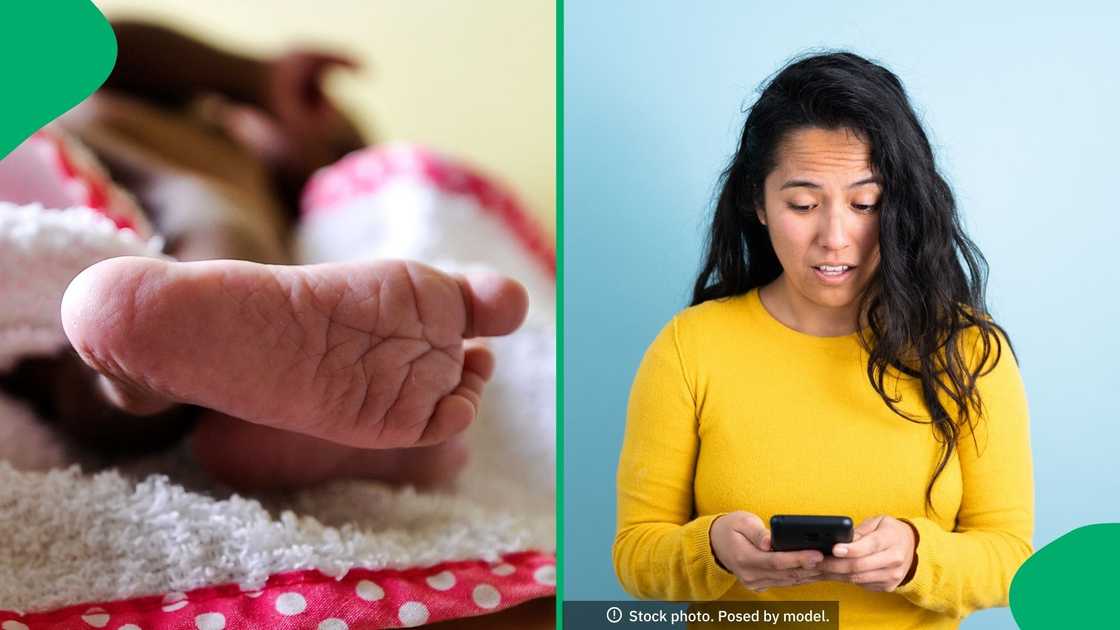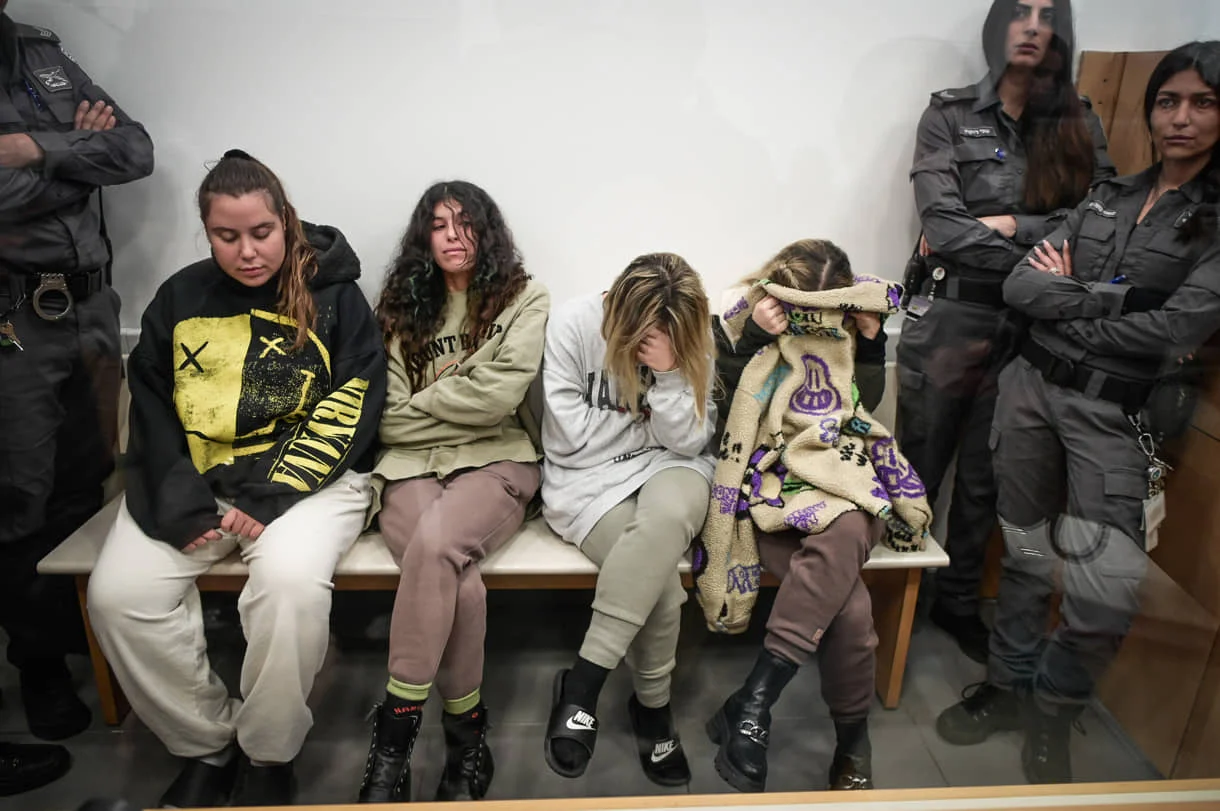Zimbabwean Woman Sentenced For Attempting To Sell A Baby Abroad
- Janet Marimo has been sentenced to five years in prison by a Zimbabwean court for attempting to smuggle and sell a baby abroad.
- This Zimbabwean woman purchased a South African baby for R25,000, intending to sell the infant outside Africa.
- South Africans have expressed outrage over the lenient sentence, arguing it doesn't match the severity of the crime.

The decision to sentence Janet Marimo, a Zimbabwean woman, to five years in a Zimbabwean prison has sparked a wave of criticism from South Africans. Many citizens are baffled by what they perceive as a lenient punishment for a crime that strikes at the heart of human decency.
Marimo was convicted of attempting to smuggle a newborn baby out of South Africa with the intention of selling the two-day-old child for adoption outside the continent. This case has gripped the attention of people across the region, shedding light on the darker side of international adoption schemes.
Harrowing Details: How the Zimbabwean Woman Conspired with a South African Mother
As the details of the case unfolded during the sentencing, it emerged that Marimo had conspired with the baby's biological mother, Pauline Maganga. The Zimbabwean national paid R25,000 to purchase the infant, with plans to sell the baby abroad for profit. This disturbing collaboration took place after the two women connected through a Facebook group, where South African mothers could allegedly find buyers for their children in the United States.
Read also:Can You Bring Alcohol On A Plane What You Need To Know
Thankfully, law enforcement agencies intervened just in time, thwarting Marimo's plans before the sale could be completed. Authorities arrested her in Harare, ensuring the child was safely returned to South Africa. In a related development, Maganga, the baby’s mother, was sentenced to 10 years in prison in May 2024 for her role in this harrowing scheme.
During Marimo's court appearance, Magistrate Donald Ndirowei acknowledged that the typical sentence for such a crime is 10 years in prison. However, he cited special circumstances in this case, stating, "The court found the accused was genuinely mistaken about adoption laws in both South Africa and Zimbabwe. Her lack of understanding and sophistication were considered mitigating factors in determining her sentence."
Public Outcry: South Africans Slam the Lenient Sentence
The lenient sentence handed down to Janet Marimo has ignited a firestorm of criticism among South Africans. Many citizens feel that the punishment does not adequately reflect the gravity of the crime committed. The public backlash underscores the widespread belief that justice systems must hold individuals accountable for exploiting vulnerable children.
Rjkuhn Kuhn expressed frustration, saying, "Oh my goodness. These people just do crime in this country, eish." Another commentator, Herman Mostert, echoed similar sentiments, stating, "That’s not a sentence at all." Others were equally vocal in their disapproval. Gladys Malesa questioned the court's decision, asking, "What? Just five years😳?"
Modi Qho added fuel to the debate, commenting, "SA is a playground for criminals, and the sentence is too lenient." Mmakgatla Wa JoelBop chimed in, saying, "Five years? Rather release her. That's not a sentence at all. Just playing with government’s paper and ink."
South Africans Fume Over Another Smuggling Case
This case is not an isolated incident. In a separate but equally alarming case, South Africans were left fuming over the sentencing of a Mozambican national. The man was given a paltry six-month sentence or the option to pay a fine after being caught smuggling 14 Mozambican children into South Africa.
Read also:A Heartfelt Tribute A Mothers Love For Her Baby Battling Trisomy 18
As reported by Briefly News, the lenient punishment has sparked outrage, with many questioning why such serious crimes against children continue to receive such light sentences. This growing trend has left many South Africans wondering whether their justice system is doing enough to protect the most vulnerable members of society.


